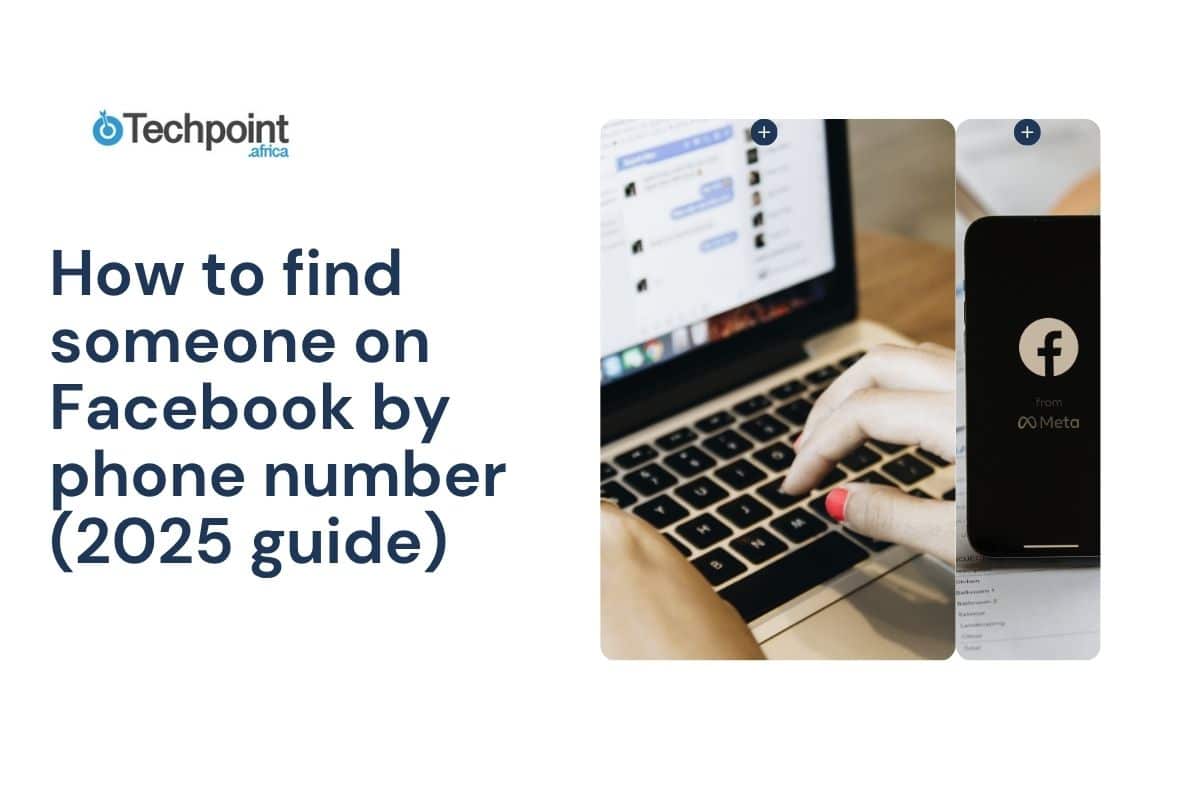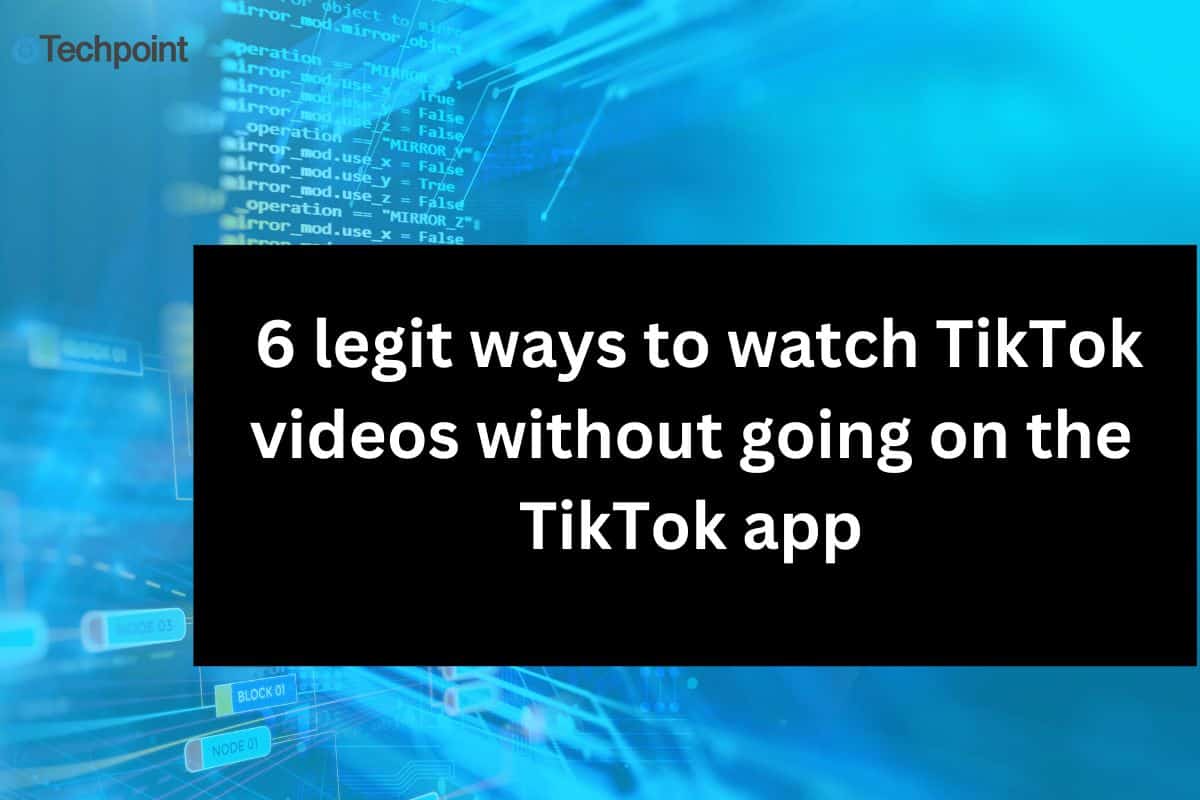- Zimbabwe’s government has announced a new regulation that will require administrators of WhatsApp groups to obtain licences from the Postal and Telecommunications Regulation Authority (POTRAZ).
- This move is part of an effort to curb misinformation and enhance accountability on social media platforms.
- The minimum cost for a licence is set at $50, with fees increasing up to $2,500 depending on the type of WhatsApp group
The Minister of Information, Publicity, and Broadcasting Services, Monica Mutsvangwa, emphasised that the licensing would help in tracking the sources of false information that could incite violence or unrest.
As part of the licensing process, group admins will need to provide personal information, which could lead to privacy issues. The government has defended the initiative, stating that it is necessary for maintaining peace and security in the country.
This regulation comes amid a growing global concern about the role of social media in spreading misinformation and the need for better governance of online platforms.
The government argues that this initiative is crucial for ensuring national security and maintaining public order, especially in a landscape increasingly influenced by digital communication. By requiring licences, authorities aim to identify and hold accountable those responsible for disseminating misleading information that could potentially lead to social unrest.
This regulatory change aligns with WhatsApp’s ongoing efforts to enhance user experience and security. In October 2024, WhatsApp introduced several new features, including a “Search on web” tool to help users verify the authenticity of shared images, an improved chat widget for iOS users, expanded chat themes, and a new call link feature for easier video and voice calls.
However, the announcement has sparked considerable debate among citizens and online activists. Critics express concerns about the implications for freedom of speech and the potential chilling effect on public discourse.
With admins needing to provide personal information to comply with the licensing process, They fear that the licensing process could deter individuals from joining or managing groups, leading to a decline in community engagement on vital issues.
Moreover, the requirement for personal information raises privacy concerns, as group admins may be hesitant to share sensitive data with the government, as these users may feel that their own privacy is compromised, which could deter them from participating in group discussions.
Many are questioning how the licensing process will be implemented and whether it will be enforced fairly.
This development highlights a broader trend seen globally, where governments are grappling with the challenges posed by social media in the age of misinformation. As Zimbabwe moves forward with this regulation, the balance between ensuring security and protecting civil liberties remains a contentious topic.
As Zimbabwe navigates this regulatory landscape, the conversation around the licensing of WhatsApp group admins serves as a critical reminder of the ongoing tension between technological advancement, societal responsibility, and the safeguarding of fundamental freedoms.











